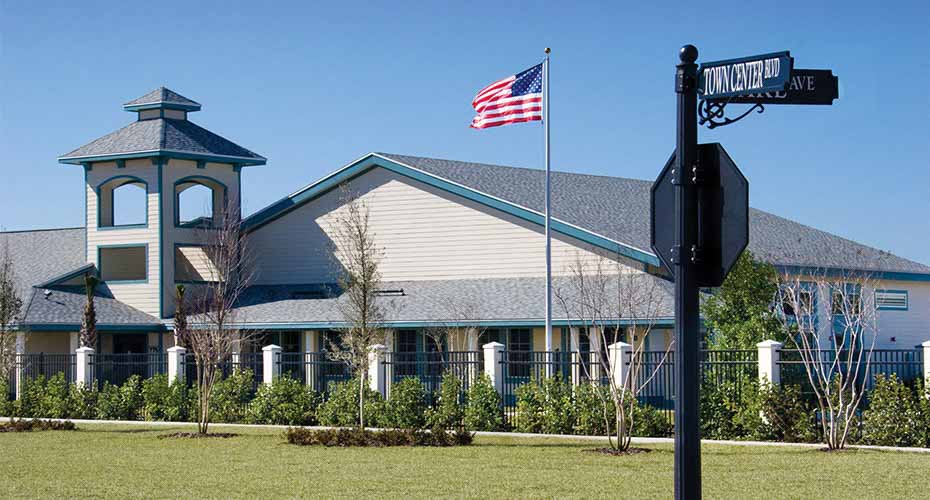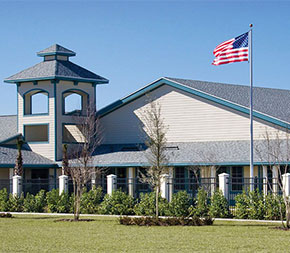Teaching in a Charter School


Charter schools are public schools that receive public funding, but are operated independently and are not subject to many of the regulations that apply to other public schools. Instead, charter schools are guided by a contract called a “charter” that describes the school’s mission, structure and performance requirements. But just because regulations may be less for charter school policy doesn’t mean that charter school teacher requirements won’t be regulated.
With the freedom to adopt innovative educational models, public charter schools offer many opportunities to find a school that fits your personal teaching style. Read on to learn more about charter school teaching requirements.
How are charter schools structured?
There is no standard charter school model. Charter schools aim to provide an educational experience that is different from conventional public schools and results in high student achievement, but charter school founders have chosen many different approaches to meet these goals.
Charter schools may be developed around various areas of focus:
- A particular teaching method, such as the Montessori method
- A specific subject, such as math, art or music
- Theme-based curriculum, such as environmental sustainability or language immersion
- Serving a specific population, such as “at-risk” students
- Personnel policies or teacher payment strategies, such as merit-based pay
What is it like to teach in a public charter school?
Although your charter school experience will depend largely on the particular school you choose, charter schools do have some common characteristics: Compared to other public schools, they are more likely to be located in urban areas, typically have smaller classes, and are less likely to be unionized.
Many new charter schools have a “start-up” feel. If you believe in the school’s mission, the charter school atmosphere may be to your liking.
At the same time, charter schools can be forced to close if they cease to meet standards stated in their charter or if they can’t attract enough students. If you want a more stable environment, you might prefer teaching at a traditional public school or a more established charter school.
However, many charter schools offer perks you won’t find at traditional public schools. According to a report by the Center for American Progress, a primary recruiting strategy for many charter schools is to attract teachers with “intangible draws such as work environment, training, or flexible leave policies.” If you are attracted to those kinds of incentives, becoming a charter school teacher might be the right choice for you.
How do charter school teacher salaries compare?
Some charter school teacher compensation plans are based on the salary schedule for public school teachers within the district, while other schools offer higher or lower salaries, depending on their charter.
Because teacher salaries can vary widely, you’ll want to learn about the charter school teacher salary structure in schools you want to teach in. Be sure to consider any bonus system when evaluating your charter school teacher salary. A study for the Thomas B. Fordham Institute found that almost 46% of charter schools offer performance-based pay incentives. The study found that the merit pay added 5% to 10% to the typical charter school teacher salary.
Do charter school teaching requirements include certification?
State certification requirements for public charter school teachers vary. Some states require them to have the same teacher certification and qualifications as other public school teachers, while other states have more flexible requirements. For example, some states may not require teacher certification for experienced professionals with expertise in a particular field or for those teaching subjects that aren’t considered core academic subjects.
Even if teacher certification is not required, it still may be to your advantage. For instance, certification can help you negotiate a higher charter school teacher salary. Several states require certification for a certain percentage of teachers at a charter school. In those cases, being certified can give you an advantage over other applicants.
What is the demand for charter school teachers?
According to the National Alliance for Public Charter Schools, approximately 365,000 students are currently on waiting lists to attend charter schools. Because they are proving popular with the public, the need for teachers interested in this line of work is likely to grow. Even though charter schools may not be the panacea that some people claim, they are making a difference, and in many cases, are improving the quality of education.
With a many different schools to choose from and more schools opening every year, charter schools offer a variety of educational experiences for students and teachers alike. If you are looking to teach in an innovative educational setting or want to find a school that shares your educational philosophy or passionate interest, you may find your ideal fit at a public charter school.
Looking for an Education Program?
Let us help you find the right teaching or administration education degree program today.



